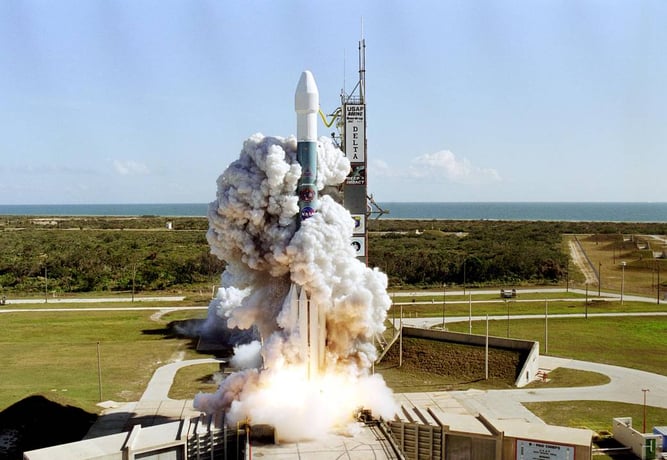
The manufacturing industry is undergoing a technology transformation.
Today, advanced technologies are reducing human intervention to a minimum - often to the point of simply pressing a few buttons.
And the overall benefits are enormous.
In addition to slashing costs, today’s manufacturing technology creates speed, precision, efficiency and flexibility; giving manufacturing companies a huge leg up over yesterday’s practices.
Behind the surge? The Internet of Things (IoT) and cloud computing.
Manufacturing technology is deriving tremendous benefits from IoT, allowing electronic communication between devices connected to each other via the internet without human intervention.
This developing virtual relationship has had, and will continue to have, a profound impact on the manufacturing industry.
IoT enables connected devices to "talk" to each other and send and receive critical notifications.
Here’s a small, but revealing illustration of its power:
Imagine a notification of a defect or damaged ping. Once the issue is detected, the IoT connected device instantly sends a notification to another device or a user, making all concerned instantly aware.
This small, but critical, application of IoT in manufacturing results in reduced downtime, increased quality, reduced waste and less overall costs.
The implications and potential impact for manufacturing are so colossal, that IoT as it applies to manufacturing has become known under the more common acronym ‘IIoT.’ (Industrial Internet of Things).
A natural extension of IoT is cloud computing.
Cloud computing uses a network of Internet-connected remote services along various points to store, manage, and process data.
Many companies adopted cloud computing some time ago but the manufacturing industry has been easing in – somewhat wary of connectivity and security concerns.
However, over time, as cloud computing grows more stable and reliable and gains wider acceptance, an increasing number of manufacturers are deciding the potential risks are mitigated by the enormous benefits cloud technology offers.
An obvious upside is realized in manufacturing plants spread out in various geographic areas that need to share data quickly and efficiently.
The result? Reduced costs, greater quality control, and an increase production speed.
One manufacturing technology where IoT and cloud computing have both had a tremendous impact is machine monitoring.
Machine monitoring involves the automatic collection of data from machines so that companies can use the data to provide real-time visualizations and notifications, as well as refer to historical analytics to help factory workers make faster and more informed decisions.
IoT allows for data from any machine or manufacturing process to be made actionable with instant notifications using real-time dashboards.
Cloud computing creates a modern, secure environment that gives companies access to their production activity from anywhere.
As a result, machine downtime, quality issues, and poor performance can be tracked and categorized automatically.
Machine monitoring is a perfect example of how IoT and cloud-based technology is changing an industry.
Want to know more about how Machine Metrics can help you leverage IoT and cloud computing in your business?

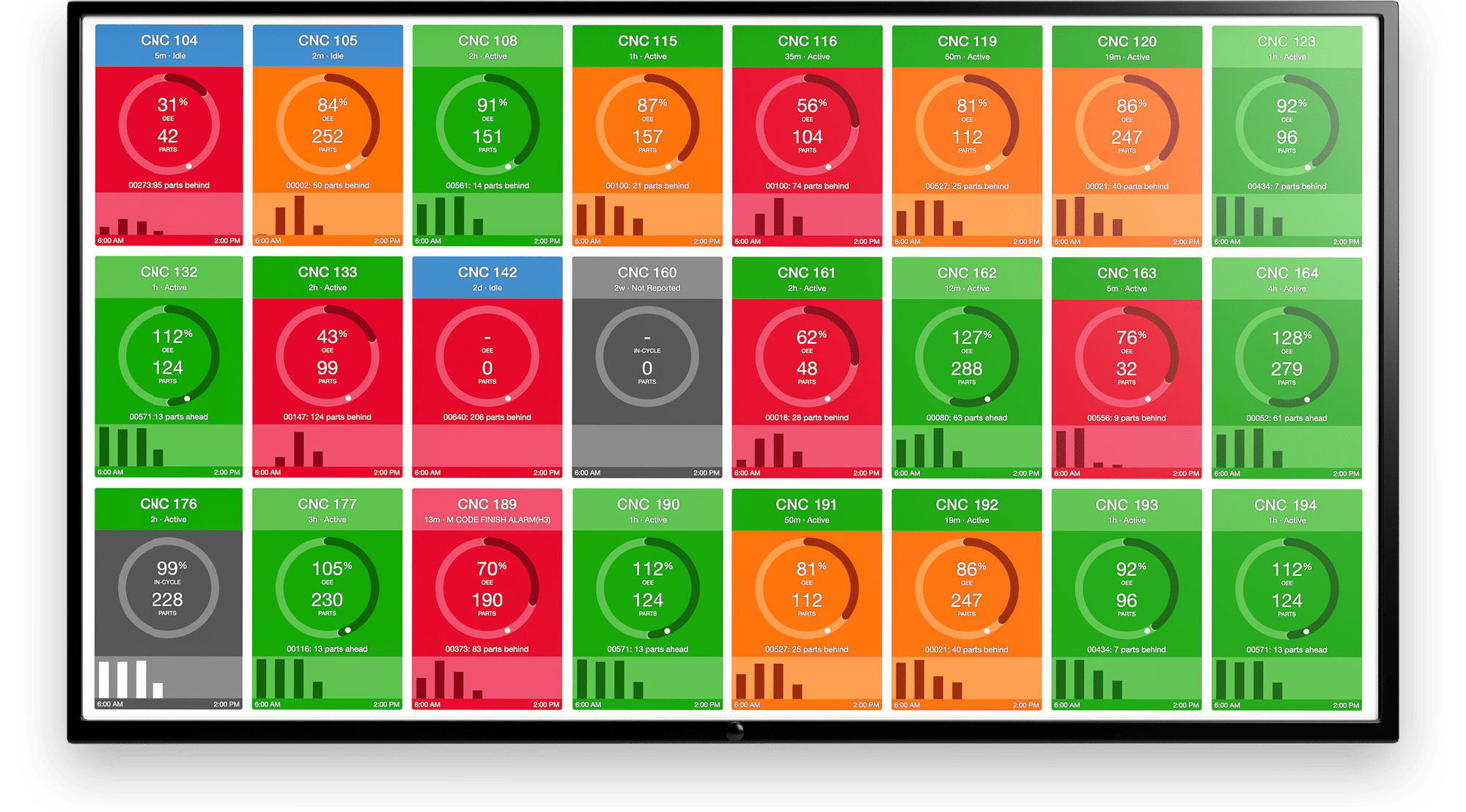
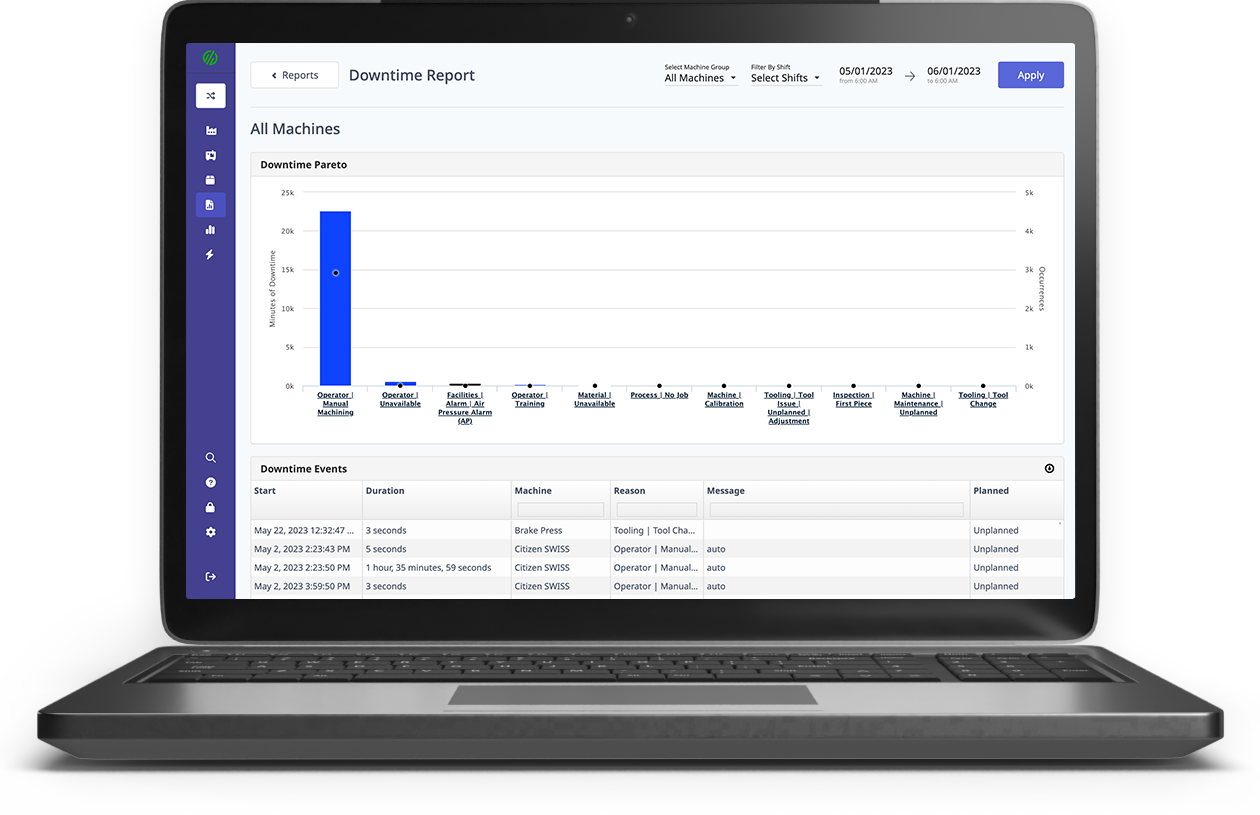
.png?width=1960&height=1300&name=01_comp_Downtime-%26-Quality_laptop%20(1).png)


.gif)
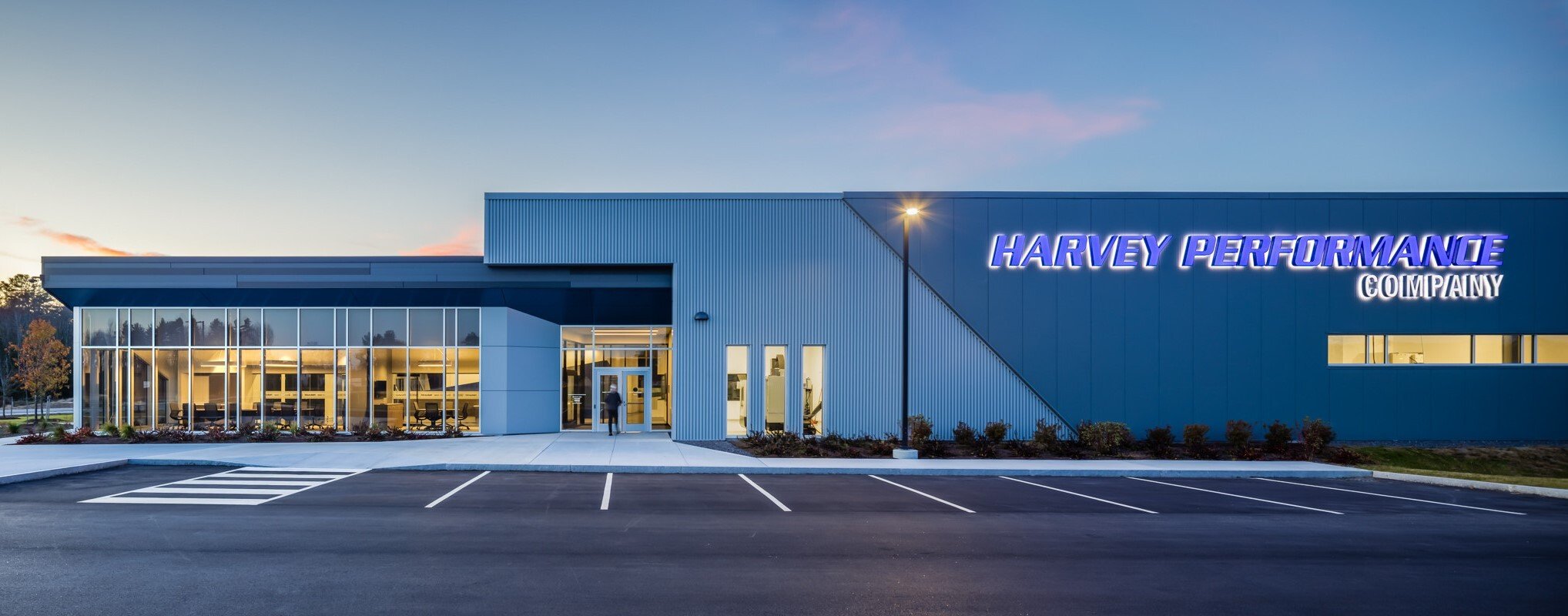
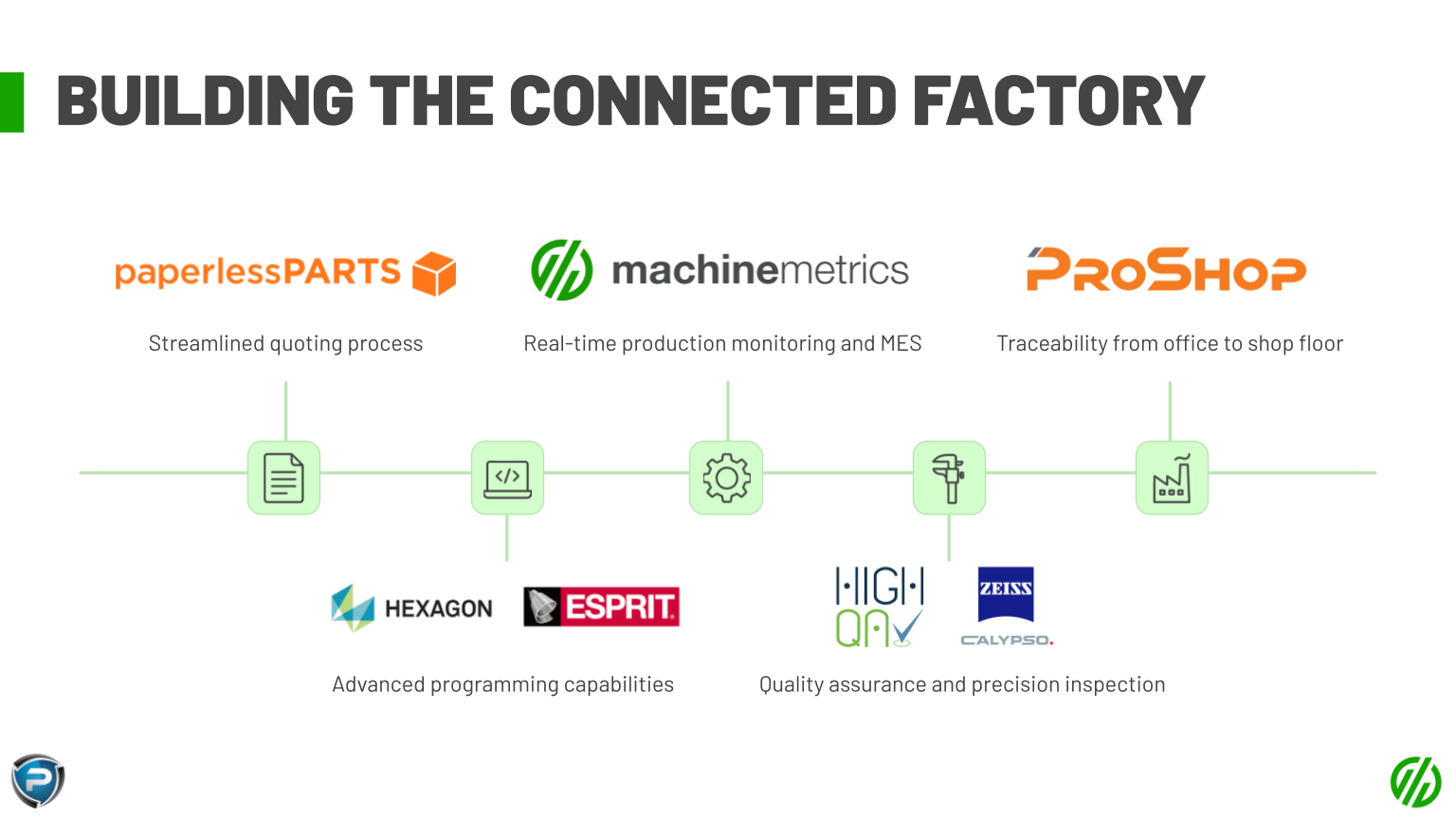
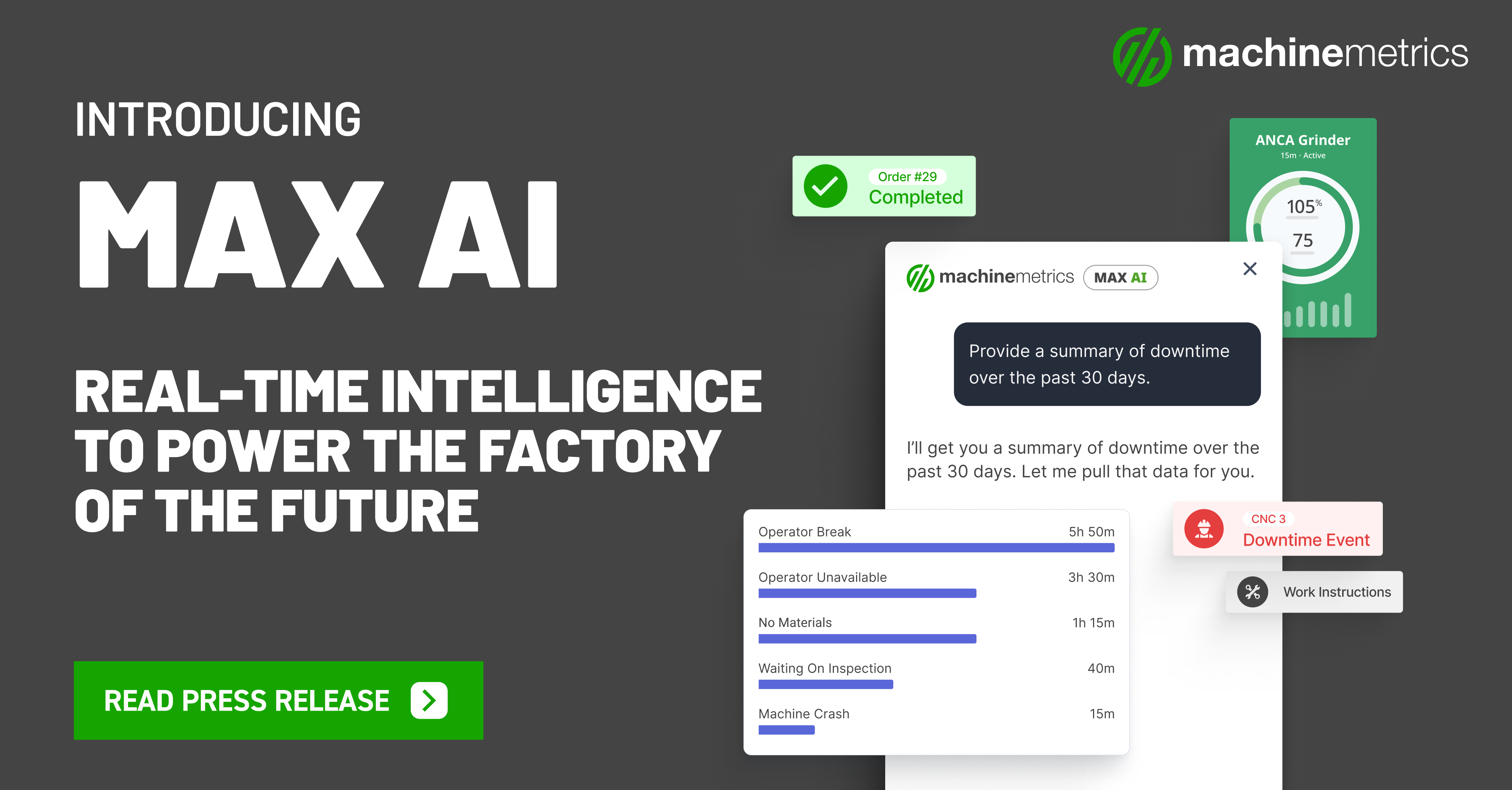
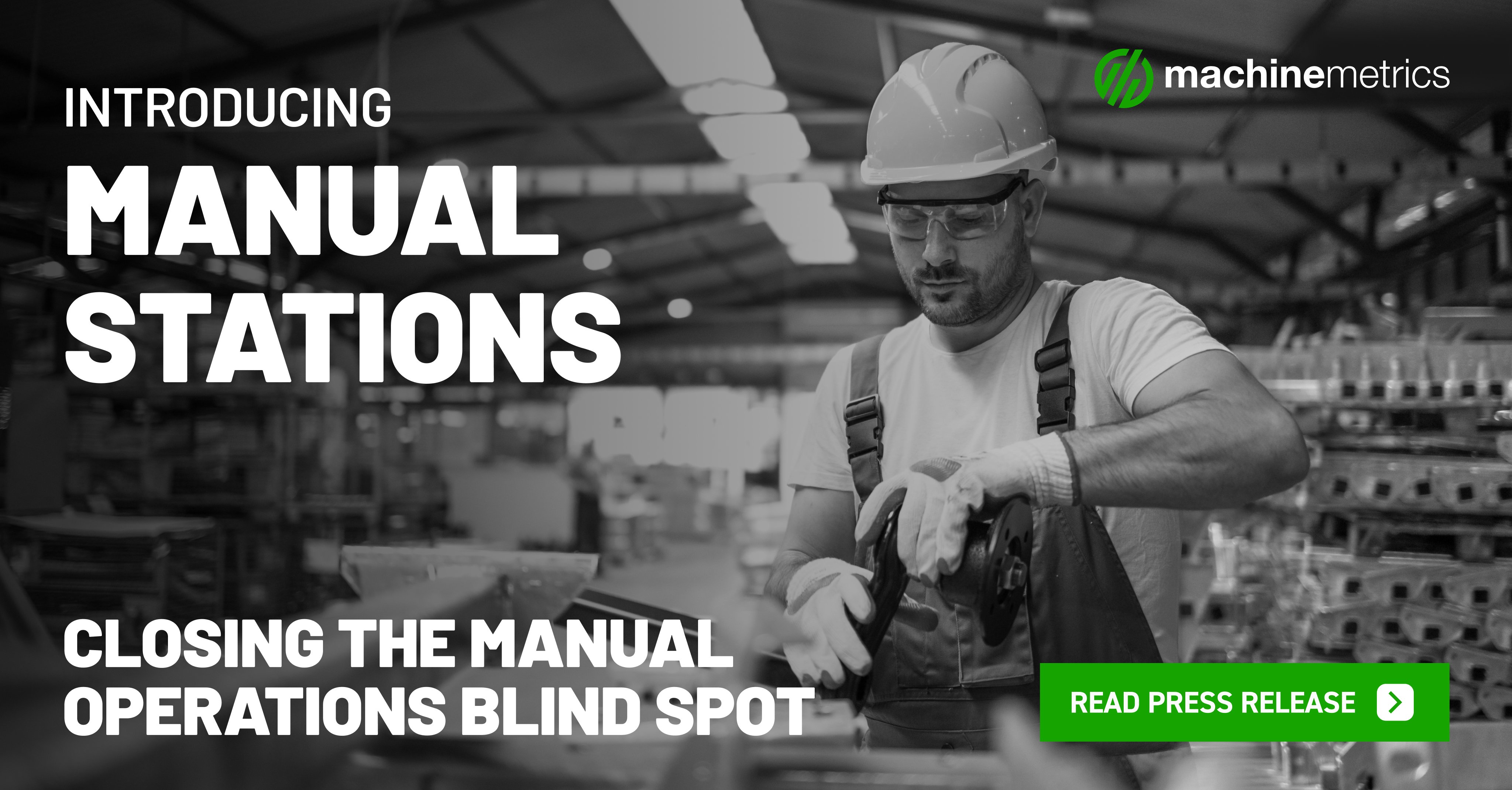
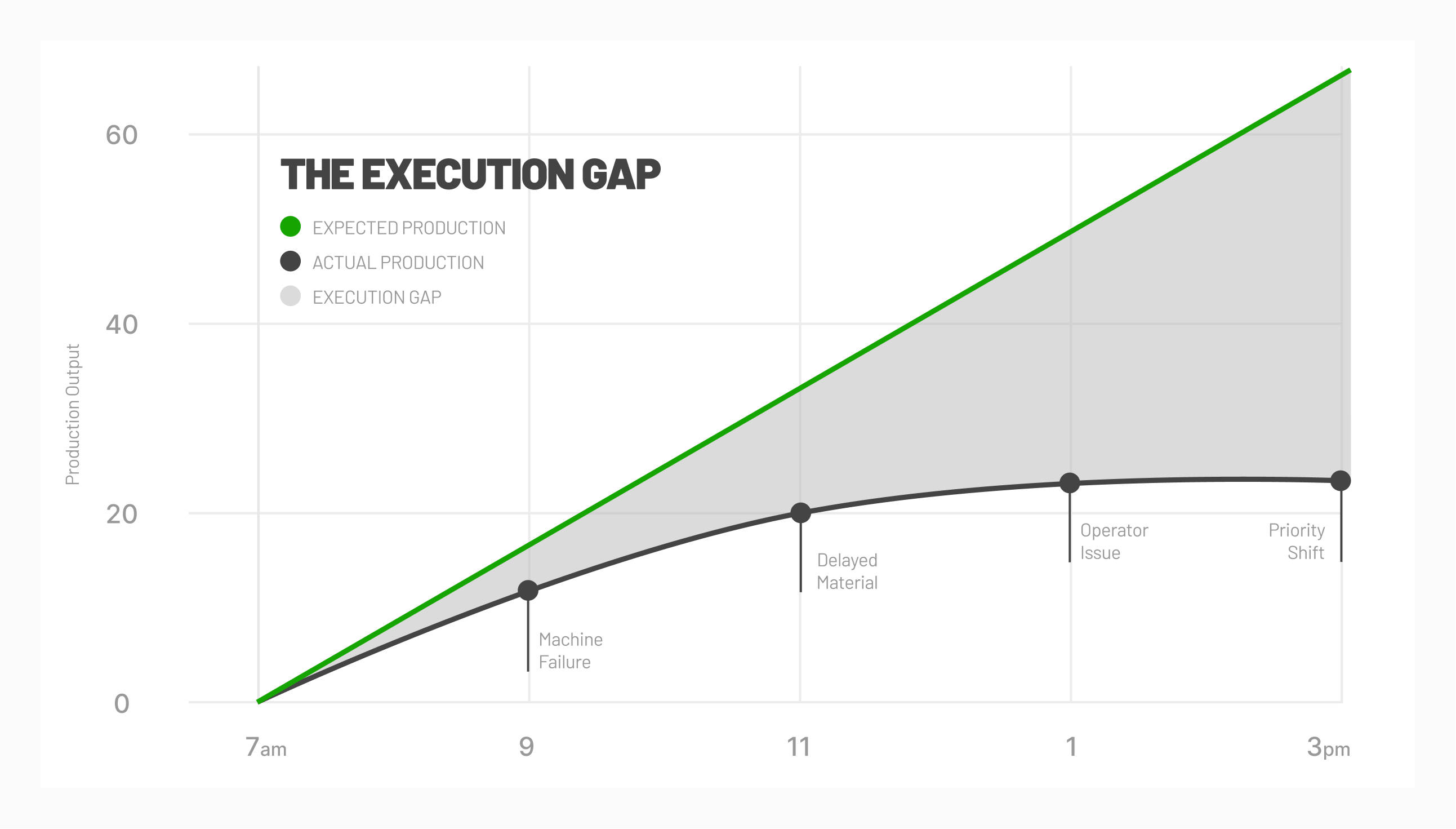

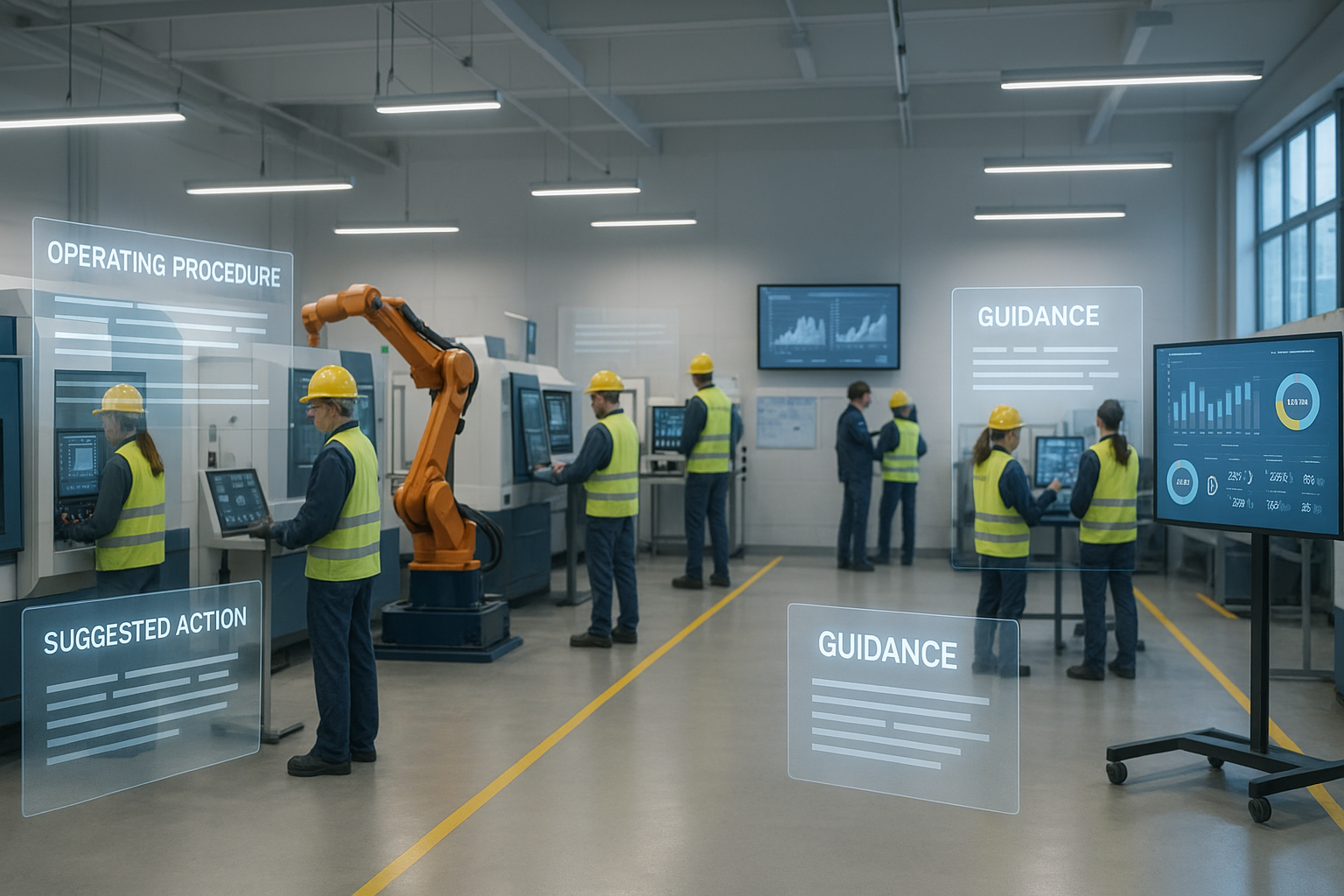

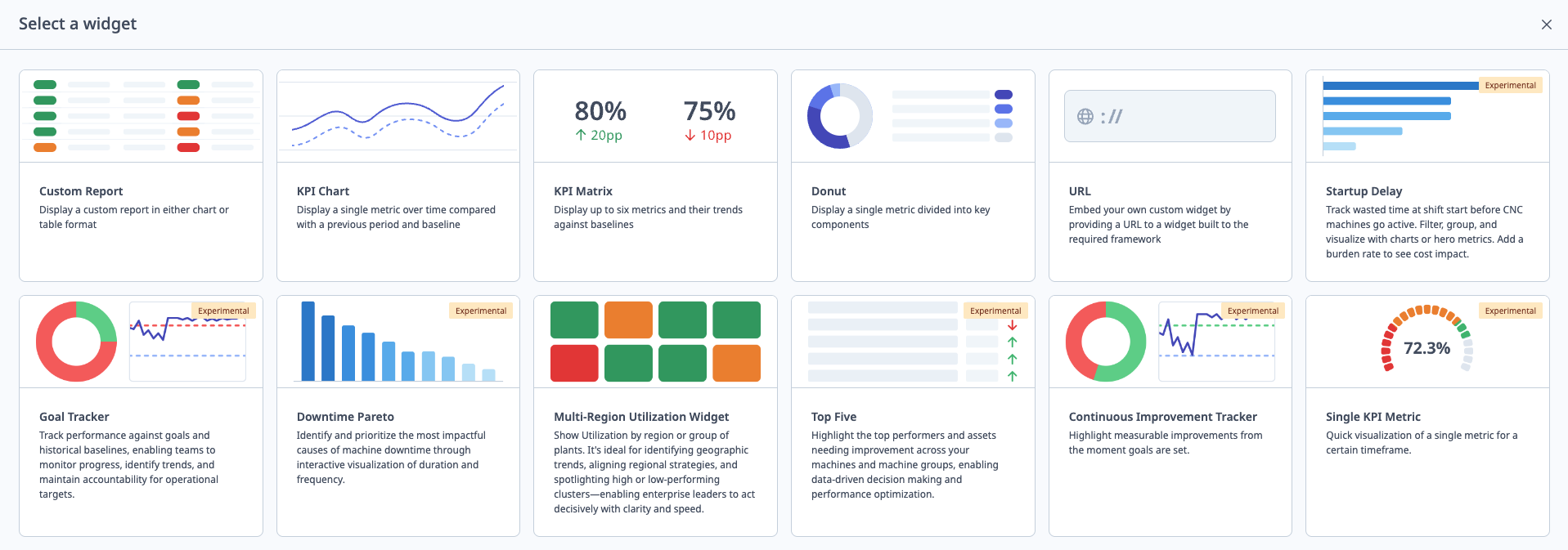
Comments